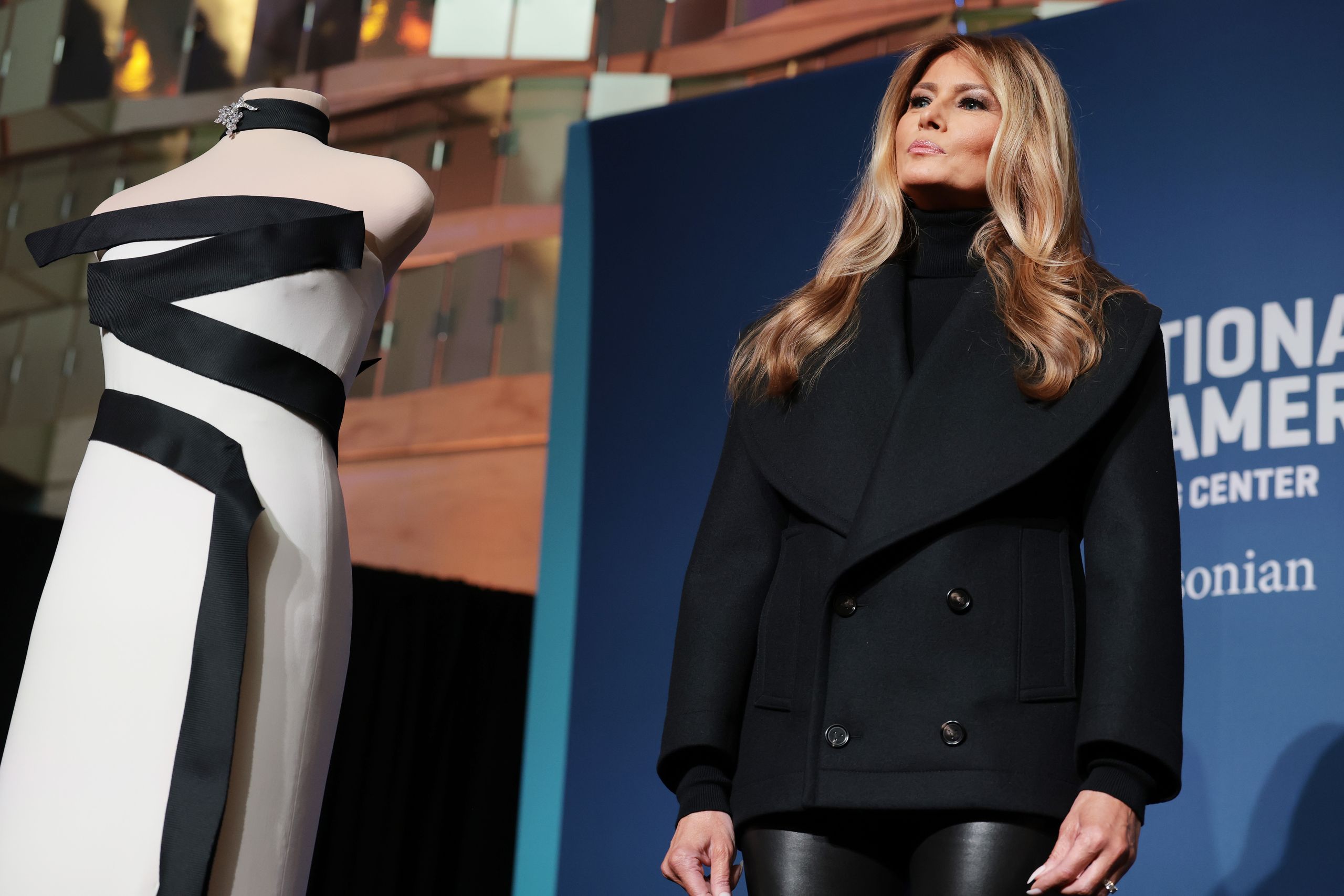Post-Workout Protein Intake

When we learn a workout “rule” early in our fitness journey, it can stick with us for years. For me, it was the advice to always eat protein within 30 minutes of finishing a workout. I heard it so many times from so many people that I never questioned rushing to drink a glass of chocolate milk or scarf down some nuts, even when I had no appetite.
But recently, more than one sports dietitian told me that a 30-minute window was a bit of a myth. Yet, I still kept seeing and hearing it repeated. So what’s the truth? Well, it turns out there’s some nuance to this piece of nutrition advice. “The reality is there's just no blanket statement that applies to everybody,” says sports scientist Chad Kerksick, Ph.D., associate professor of exercise science at Lindenwood University in Missouri.
Before forcing yourself to chug another protein shake as you leave the gym, here's the context you should consider.
The idea behind eating protein after a workout is mainly to take advantage of the “anabolic window,” which is the 30—to 60-minute period after exercise when our bodies are extra sensitive to muscle protein synthesis or the process of building muscle mass. We need protein in our system to do that.
“Our bodies are constantly building proteins and breaking them down. And when we exercise, that cycle speeds up,” explains Dr. Kerksick. “Proteins are comprised of amino acids. And our body doesn't store amino acids (like we do with carbohydrates and fat). So delivering those amino acids in the form of dietary protein helps to replace what's being lost.”
Eating protein (and carbohydrates) after exercise also affects our immune system. “When we train, our immune system is suppressed,” explains Michelle Arent, R.D., M.P.H., director of Olympic Sports Performance Nutrition at the University of South Carolina. Once we consume nutrients after we’re done, the immune system receives a signal that it’s okay to start functioning normally again.
FWIW: Carbohydrates also have an anabolic window. If you wait longer than an hour to eat carbs after a workout, it will take about 50 percent longer to replenish the glycogen stores that fuel your muscles, according to researcher Bradley Schoenfeld, Ph.D., professor of exercise science at Lehman College in New York. However, this really only matters for endurance athletes doing more than one workout a day—even if you miss that window, your glycogen stores will be back to normal within 24 hours, as long as you’re generally eating enough.
In 2013, Dr. Schoenfeld led a major meta-analysis that showed protein timing around a training session doesn’t make much of a difference when it comes to muscle gain. It’s a position he still maintains today. “From my reading of the literature, I think we could say with good confidence that any benefits to an anabolic window are small,” he says. “There is certainly no evidence to suggest that if you don't consume protein, that you're going to miss out on a huge amount of gains.”
He says that our muscles stay sensitized to protein intake for a full 24 hours after exercise, and simply eating protein at all of your regular meals (as experts recommend) will do the trick.
“If you're just someone who's trying to stay healthy, going to the gym before work, then has their breakfast afterward, or is exercising and then having their dinner, the half-hour isn't really that crucial at all,” says Katherine Black, Ph.D., associate professor in the department of human nutrition at the University of Otago in New Zealand. “It's the overall protein intake for the day which is more important.” The American College of Sports Medicine recommends active people eat between 0.5 and 0.8 grams of protein per pound of body weight.
Dr. Kerksick adds that, really, your actual workout is the more important factor when it comes to building muscle. “If we haven't nailed down our exercise and we haven't nailed down our total daily protein intake, the ability of that timing scenario to make any further improvement, I would argue, is going to be diminished,” he says. “Some people might argue it's eliminated.”
Although the anabolic window may be a bit overhyped for the everyday gym-goer, timing strategies might have small advantages for bodybuilders or elite athletes performing intense back-to-back training sessions. Dr. Shoenfled says that the people who might benefit from post-workout protein are those “that want to eke out every last muscle gain they can from a workout.”
Arent also points out that most athletes already don’t eat enough to meet their energy needs. So, if you tell them not to eat protein after a workout, you’re taking away a potential opportunity to eat. “Now you've created an even greater deficit,” she says.




